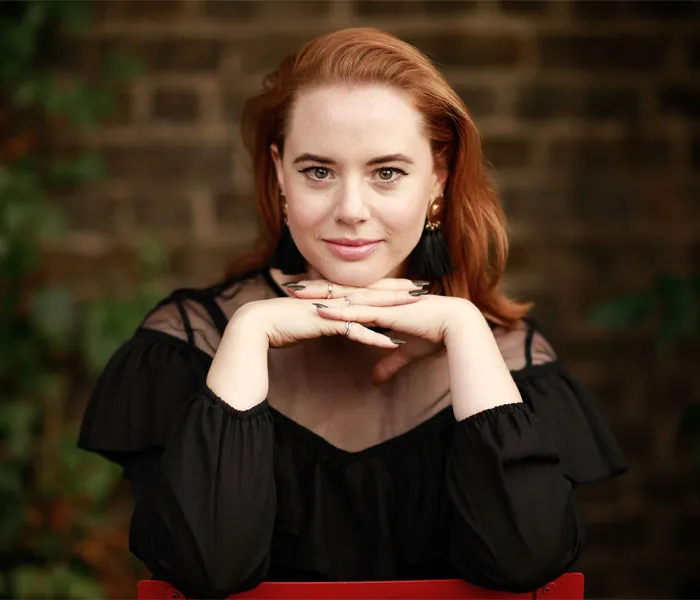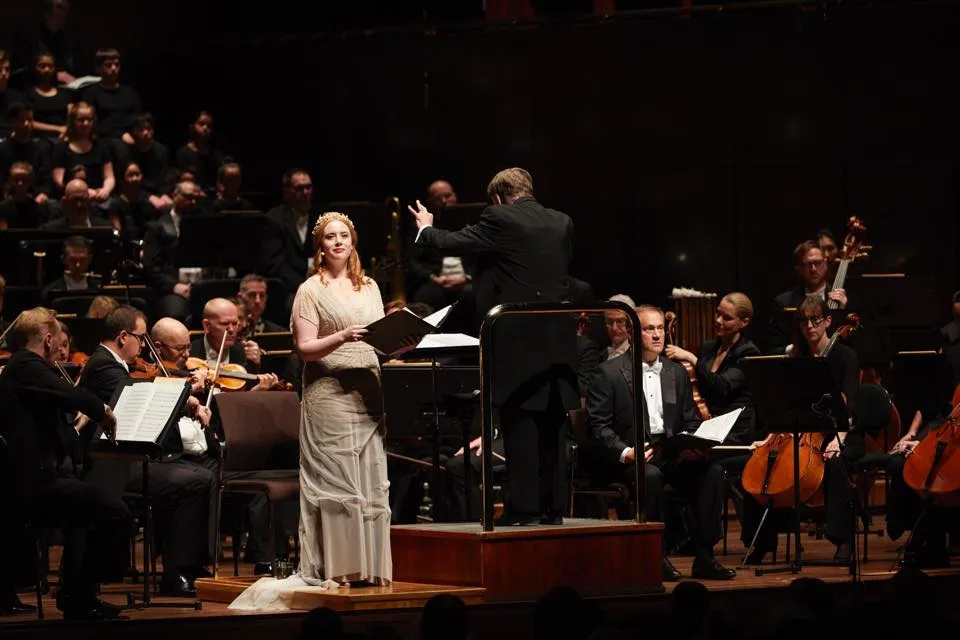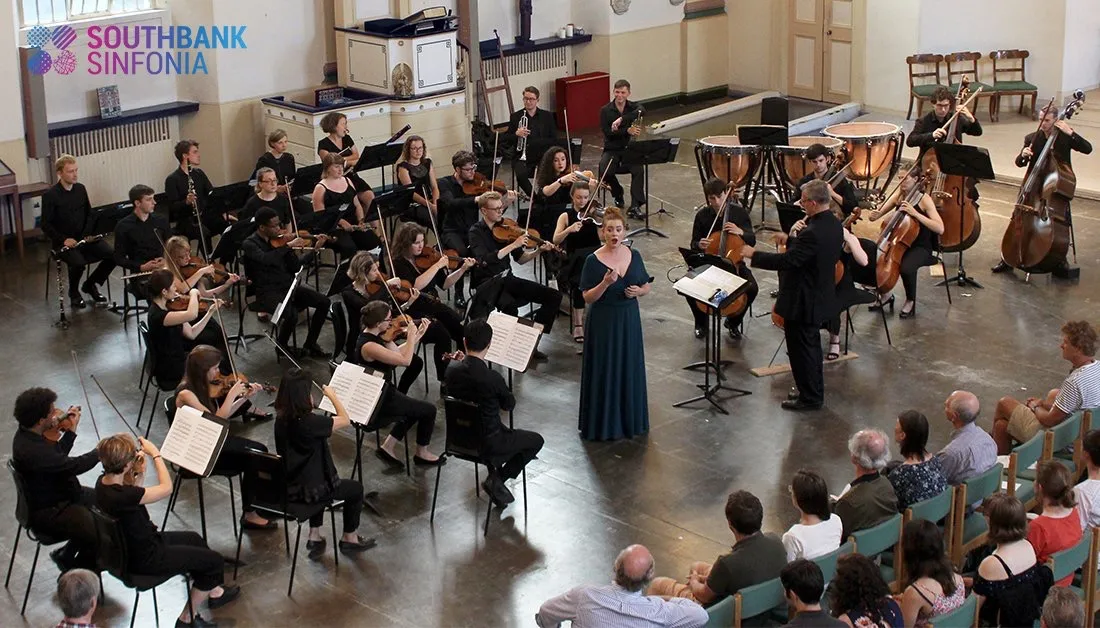- About usAbout us
We help all music lovers keep their instruments and equipment safe through specialist and flexible cover that leaves you free to play on, safe in the knowledge you’re protected.
- Work with usWork with us
There’s a way you can earn more money while offering virtuoso-standard service to your clients – and it’s simple. All you have to do is introduce your clients to Lark Music and, if they take out a policy, you earn 25% of our commission earnings.
- Introducer tipsIntroducer tips
How you position your relationship with Lark Music when you communicate with your clients and making the most of potential touch points to introduce us will help you generate more leads and boost your income.
- Client feedbackClient feedback
Find out what our clients have said about Lark Music on our trusted review platform Feefo.
- Musician spotlightMusician spotlight
Interested in participating in our Musician Spotlight? Find out more here.
- Work with usWork with us
- Why choose us?Why choose us?
We understand the diversity of the musical sector, so we cater for all musical instruments across every type of genre, whether you play music professionally or as a hobby.
- Musical Instrument InsuranceMusical Instrument Insurance
Music is made by people – but it’s your musical instrument that makes it possible. We can help you find the right music instrument insurance, whatever you play or own, so you can carry on making music in complete harmony.
- String Instrument InsuranceString Instrument Insurance
The string family is one of the most versatile and well-loved groups of instruments. So we make sure our string instrument insurance is just as flexible.
- Cello insuranceCello insurance
The cello is renowned for its rich and vibrant sound. We offer specialist insurance for cello players and owners that helps you take care of your instrument, whether you’re a virtuoso, complete beginner or somewhere in between.
- Guitar InsuranceGuitar Insurance
The guitar is one of the most popular musical instruments in the world, so we understand how much yours means to you. We can help protect your guitar with specialist cover that keeps it safe whether you’re playing at home or out on tour.
- Harp InsuranceHarp Insurance
Beautifully crafted and rarer than other members of the string family, your harp will need the right insurance to keep it safe when you play, teach or travel with it.
- Violin insuranceViolin insurance
At Lark Music, we understand that there are violins – and there are violins. So our specialist violin insurance is as versatile as the instrument itself.
- Cello insuranceCello insurance
- Woodwind instrument insuranceWoodwind instrument insurance
The woodwind family comes in all shapes and sizes, offering a rich variation in tone and style. Our woodwind instrument insurance takes care of them all.
- Clarinet insuranceClarinet insurance
Renowned for the scale and warmth of its sound, the clarinet is a staple instrument for so many styles of music, from blues to jazz to classical. Our cover is made to be just as versatile.
- Flute insuranceFlute insurance
The flute, with its silvery sound and agile range, is one of the most loved woodwind instruments. We can help protect your flute from damage, loss, theft and more.
- Saxophone InsuranceSaxophone Insurance
The saxophone’s instantly recognisable sound makes it a firm favourite with musicians across all genres. Our sax insurance is designed to keep your instrument safe.
- Clarinet insuranceClarinet insurance
- Brass Instrument InsuranceBrass Instrument Insurance
Brass instruments are incredibly versatile – lending themselves to all sorts of musical genres, from classical to jazz to funk and more. We can provide the right cover to keep your brass instrument protected, from trumpet to tuba.
- Horn insuranceHorn insurance
We provide horn insurance that keeps your instrument covered for any eventuality, with policies for French horns, flugel horns, baritones, euphoniums and more.
- Trombone insuranceTrombone insurance
The iconic trombone is a key part of any brass ensemble. We offer high quality trombone insurance that’s designed to protect this popular brass instrument.
- Trumpet insuranceTrumpet insurance
The trumpet is one of the world’s most ancient instruments, with a history spanning thousands of years. Today, we offer specialist trumpet insurance that’s designed to keep this well-loved instrument safe.
- Horn insuranceHorn insurance
- Keyboards and piano insuranceKeyboards and piano insurance
The piano lends itself to all styles of music, so it’s no surprise it’s one of the most popular instruments in the world. Our specialist piano insurance covers all manner of piano, from a concert grand to a classic Fender Rhodes.
- Keyboard insuranceKeyboard insurance
Keyboards are a versatile and practical instrument – easier to transport than a piano and able to offer a multitude of sounds and settings. So it’s no surprise they’re so popular. But getting the right insurance is key.
- Piano InsurancePiano Insurance
Pianos are beautifully engineered and deliver so much variation in tone and style. But they can be an expensive investment, so it’s important you keep yours covered.
- Keyboard insuranceKeyboard insurance
- Drums insuranceDrums insurance
Drums form the beating heart of so many types of music. We understand how it important it is to protect your kit, so we provide specialist drums insurance for all types of drummers and percussionists.
- Electronic musical instrumentsElectronic musical instruments
We know there’s a vast range of musical instruments designed for electronic music – and we can find you the cover you need.
- DJ Equipment InsuranceDJ Equipment Insurance
Whatever your ability, it’s important to cover your DJ equipment. Get specialist DJ equipment insurance from Lark Music and enjoy peace of mind.
- Musical equipment insuranceMusical equipment insurance
We know many performances are only made possible through gear such as PA systems, microphones, speakers, amplifiers and more. That’s why we offer comprehensive protection for all your musical gear, whatever your genre or standard.
- Ensembles, bands and orchestra insuranceEnsembles, bands and orchestra insurance
Music is collaborative – and playing with others is one of the most enjoyable experiences, from orchestras and bands to duos.
- Orchestra members insuranceOrchestra members insurance
We offer specialist musical insurance for individual orchestra players – so you don’t have to rely on a group policy to know you’re protected.
- Concert band player insuranceConcert band player insurance
Playing in a concert band is a lot of fun, but it’s important to make sure your instrument is protected – so if any accident happens in rehearsal, on stage, on tour or in transit, you know you can rely on getting your instrument fixed or replaced quickly and easily.
- Brass band player insuranceBrass band player insurance
The unmistakeable sound of a brass band explains why they’re so popular. We offer specialist brass instrument insurance for members of all types of brass band, from professional to amateur and youth.
- Orchestra members insuranceOrchestra members insurance
- CollectorsCollectors
As a collector, you have a real passion for fine musical instruments. At Lark Music, we understand that your collection is not only highly valuable financially, but personally too. That’s why we offer the highest quality cover for your instruments alongside tailored personal support.
- Can’t find your instrument type?Can’t find your instrument type?
We know that there are many more musical instruments than we’ve listed on our site, so don’t worry if you haven’t seen yours. We can still find you the musical instrument insurance you need.
- String Instrument InsuranceString Instrument Insurance
- Dealers, makers & restorersDealers, makers & restorers
As a dealer in musical instruments, you have a precise set of needs. At Lark Music, we are perfectly placed to tailor the right policy for you, offering the specialist insurance your instrument stock requires to give you and your customers peace of mind.
- Musical notes: news & updatesMusical notes: news & updates
We share your passion for music and regularly interview musicians of all genres while covering a wide variety of musical topics, which we’re delighted to share with you here.
- Make a claimMake a claim
We know how distressing it can be if anything happens to your treasured musical instrument or equipment. Our aim is to get you playing again as quickly as possible, while offering the support you need during a difficult time.
- Existing customersExisting customers
We hope you’re happy with your Lark Music policy. Here you can manage, change, renew and claim on your cover.
- Retrieve a quoteRetrieve a quote
To retrieve your quote you will need to login to your account. When you originally generated your quote, an account was created for you using your email address.
- Contact usContact us
We aim to make it as easy as possible for you to get the musical instrument insurance you need, so you can concentrate on what matters most: making music.


